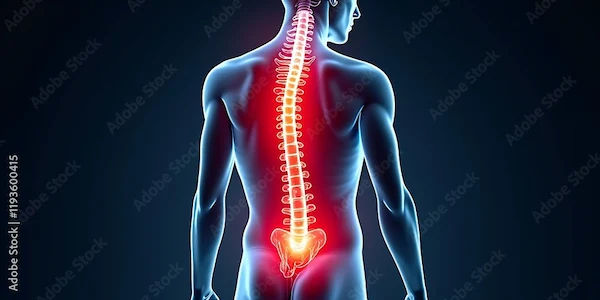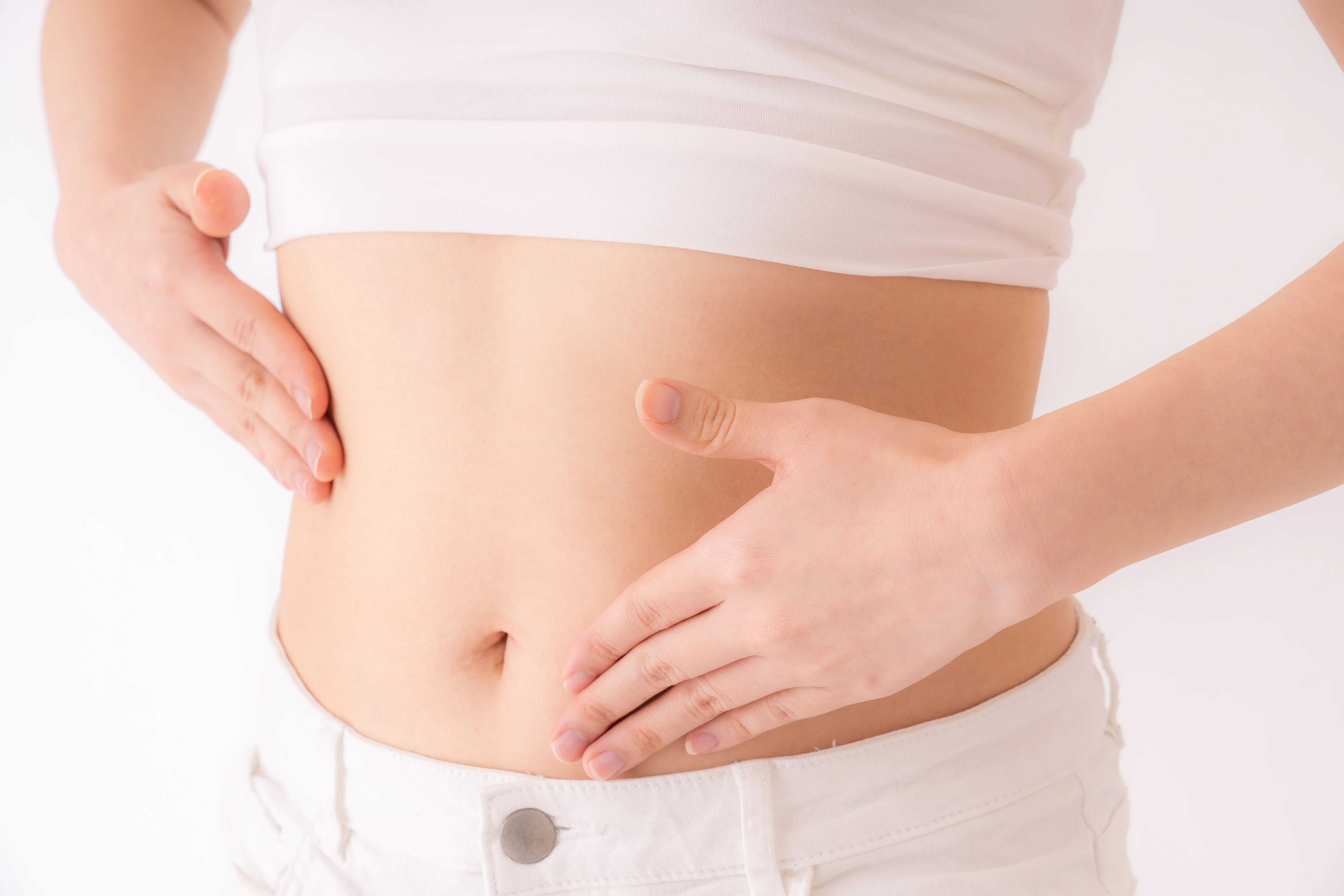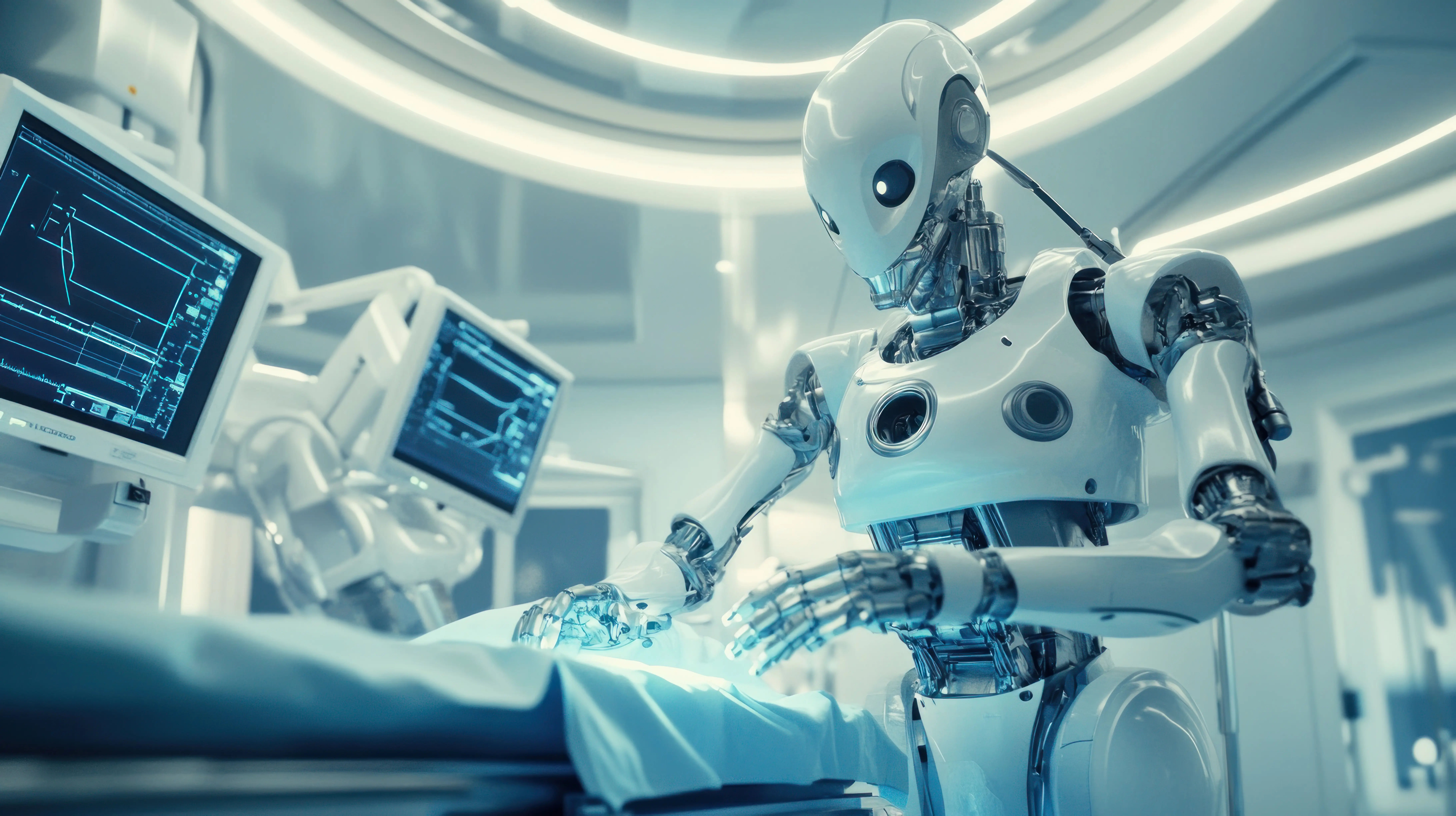Guide to Modern World Painless Dentistry
Discover the latest advancements in painless dentistry. Learn how modern techniques make dental visits stress-free, comfortable, and effective for all ages. Say goodbye to dental anxiety today.

Written by Dr. Siri Nallapu
Reviewed by Dr. Dhankecha Mayank Dineshbhai MBBS
Last updated on 13th Jan, 2026

Gone are the days of white-knuckling the armrest and dreading the sound of the drill. The field of dentistry has undergone a revolutionary transformation, shifting its core focus from mere treatment to holistic patient comfort and care. Modern world painless dentistry is not a myth; it's a standard of care that utilizes cutting-edge technology and refined techniques to ensure your visit is as comfortable, anxiety-free, and painless as possible. This guide will walk you through everything you need to know about the technologies and methods that make this new era of dental care a reality, turning apprehension into assurance.
The Pillars of Modern Painless Dentistry
The approach to painless modern world dentistry is built on three fundamental pillars that work in harmony to eliminate discomfort.
1. Advanced Digital Diagnostics
The first step to a painless experience is accurate and comfortable diagnosis. Digital X-rays and 3D cone-beam CT scans have replaced older, less comfortable methods. They provide incredibly detailed images with up to 90% less radiation exposure. This allows dentists to pinpoint issues with extreme precision, leading to smaller, more targeted treatments and avoiding unnecessary exploratory procedures.
2. Revolutionary Pain Management Techniques
The fear of the needle is one of the most common anxieties. Technology has addressed this directly. Systems like The Wand® STA™ deliver anaesthetic slowly and with computer-controlled precision, making the injection feel like a slight pressure rather than a painful pinch. Furthermore, topical anaesthetics are now more effective than ever, numbing the gum surface thoroughly before any injection.
3. Minimally Invasive Technologies
The principle of "less is more" is key. Technologies like dental lasers and air abrasion allow dentists to treat decay and prepare teeth for fillings often without the need for a traditional drill. This preserves more of your healthy tooth structure and eliminates the unsettling vibrations and noise that cause anxiety for many patients.
Consult Top Dentists
Key Technologies Powering Comfortable Care
Here are some key technologies powering comfortable care:
1. Dental Lasers: The Precise and Gentle Alternative
Dental lasers are a cornerstone of pain-free dental procedures. They can be used for a variety of treatments, including gum contouring, cavity removal, and biopsies. Lasers are incredibly precise, often eliminating the need for sutures and reducing bleeding. For soft tissue procedures, they can seal nerve endings as they work, which significantly reduces post-operative pain and speeds up healing time.
2. The Wand® STA™: Computerized Anesthesia Delivery
This device looks nothing like a traditional syringe. It uses a computer to deliver a controlled, slow flow of anesthetic at a consistent pressure. This technique avoids the sudden, painful pressure of a manual injection, making the process of numbing a tooth remarkably comfortable. It’s a game-changer for patients with a needle phobia.
3. Air Abrasion: The "Drill-Less" Drill
For small to medium cavities, many dentists now use air abrasion. This technique fires a stream of tiny abrasive particles mixed with air to gently remove decay. It's silent, vibration-free, and often requires no anesthetic at all. It feels like a slight spray of air and water on your tooth, making it an excellent option for minimally invasive dentistry.
4. Intraoral Cameras and Digital Scanners
These tools enhance comfort by improving communication. A tiny intraoral camera lets you see exactly what the dentist sees on a screen, demystifying the process. Digital scanners create precise 3D models of your teeth for things like crowns and aligners, eliminating the discomfort and gag reflex associated with traditional, goopy impression materials.
Sedation Dentistry: Options for Every Level of Anxiety
For those with significant dental anxiety or undergoing lengthy procedures, various sedation options can ensure a completely relaxed experience.
• Nitrous Oxide (Laughing Gas): Inhaled through a mask, this mild sedative helps you relax while keeping you conscious and able to respond. The effects wear off quickly after the mask is removed, allowing you to drive yourself home.
• Oral Sedation: Taken as a pill before your appointment, this type of sedation induces a state of deep relaxation. You may be drowsy but are still conscious. You will need someone to drive you to and from your appointment.
• IV Sedation: Administered intravenously, this offers a deeper level of sedation. You will be in a twilight state, often with little to no memory of the procedure afterward. This is ideal for complex surgeries or extreme phobias.
If you have severe dental anxiety that has prevented you from seeking necessary care, consulting a dentist who specialises in sedation options is a crucial first step. You can even discuss your concerns with a doctor online with Apollo24|7 to get a referral or initial advice.
Common Procedures Made Pain-Free
Let’s have a look at some of the procedures made pain-free:
• Painless Fillings and Cavity Treatment: With the combination of comfortable numbing techniques and technologies like lasers or air abrasion, getting a filling is now a straightforward and painless procedure. The dreaded drill is often absent, and the process is completed quickly and quietly.
• Comfortable Root Canal Therapy: The root canal's painful reputation is utterly outdated. Modern root canals are performed with powerful anaesthetics to ensure the area is completely numb. Dentists use advanced equipment to complete the procedure efficiently and with minimal discomfort, effectively relieving the toothache that brought you in.
• Anxiety-Free Dental Implants: Implant surgery is a surgical procedure, but it is performed with meticulous planning using 3D scans and under strong local anaesthesia or sedation. Post-operative pain is managed with prescribed medications, and most patients report that the discomfort is far less than they anticipated.
The Patient's Role: Communication is Key
Your comfort is a partnership. Be upfront with your dentist about your fears and anxieties. A good dentist for anxious patients will listen, explain every step, and agree on a "stop" signal (like raising your hand) so you feel in control throughout the appointment. This open communication is one of the most powerful tools in ensuring a painless experience.
Finding a Painless Dentistry Provider
When searching for a dentist, look for practices that advertise "sedation dentistry," "comfort-centred care," or feature technologies like "lasers" and "digital dentistry" on their websites. Read reviews specifically from patients who mention anxiety or fear to see how the practice handled their care.
Conclusion
The evolution of dentistry into a painless, patient-centric experience is one of the most significant advancements in modern healthcare. The combination of sophisticated technology, effective pain management, and empathetic care has fundamentally changed what it means to visit the dentist. There is no longer any need to let fear compromise your oral health. By understanding these advancements and choosing a dentist who prioritises comfort, you can approach your next dental appointment with confidence, knowing that a healthy, beautiful smile can be achieved without anxiety or pain. Take the first step towards a fear-free dental experience by seeking out a modern practice that embraces these compassionate technologies.
Consult Top Dentists
Consult Top Dentists

Dr. Prabhala Sudheer
Dentist
11 Years • BDS
Hyderabad
BRIGHT SMILES MEDICARE & DENTAL CARE, Hyderabad

Dr Santanu Mukherjee
Dentist
12 Years • BDS, MDS Oral Pathology & Microbiology
Kolkata
Dental Clinic, Kolkata

Dr. Gourav Sharma
Dentist
13 Years • BDS
Shivpuri
Dr Gourav Sharma Best Painless Dentist shivpuri, Shivpuri

Dr. Sainik Pradhan
Dentist
2 Years • BDS
EGRA
PRADHAN DENTAL CLINIC, EGRA

Dr. Sanjna Nayar
Dentist
33 Years • BDS,MDS-Prosthodontics & Implantology, PhD - Dental Implantology, Master in Prosthetic Section Implants ICOI USA, Fellow in Implantology ICOI USA
Delhi
Apollo Hospitals Indraprastha, Delhi
(25+ Patients)
Consult Top Dentists

Dr. Prabhala Sudheer
Dentist
11 Years • BDS
Hyderabad
BRIGHT SMILES MEDICARE & DENTAL CARE, Hyderabad

Dr Santanu Mukherjee
Dentist
12 Years • BDS, MDS Oral Pathology & Microbiology
Kolkata
Dental Clinic, Kolkata

Dr. Gourav Sharma
Dentist
13 Years • BDS
Shivpuri
Dr Gourav Sharma Best Painless Dentist shivpuri, Shivpuri

Dr. Sainik Pradhan
Dentist
2 Years • BDS
EGRA
PRADHAN DENTAL CLINIC, EGRA

Dr. Sanjna Nayar
Dentist
33 Years • BDS,MDS-Prosthodontics & Implantology, PhD - Dental Implantology, Master in Prosthetic Section Implants ICOI USA, Fellow in Implantology ICOI USA
Delhi
Apollo Hospitals Indraprastha, Delhi
(25+ Patients)
More articles from General Medical Consultation
Frequently Asked Questions
1. Is 'painless dentistry' actually completely painless?
hile 'painless' is the goal, 'significantly more comfortable' is a more accurate description. Modern techniques aim to eliminate pain during procedures. You may feel slight pressure or vibrations, but sharp pain should not be part of the experience. Any post-procedure discomfort is typically mild and easily managed.
2. How much more expensive is laser dentistry compared to traditional methods?
The cost of laser dentistry can be 10-20% higher than traditional methods due to the high cost of the equipment. However, many patients find the added comfort, reduced need for anaesthesia, and faster healing times to be well worth the investment. It's best to consult your dentist for a specific quote.
3. I have a severe gag reflex. Can modern dentistry help?
Absolutely. Digital scanners eliminate the need for messy impression trays that trigger gag reflexes.
4. Are there any side effects to dental sedation?
The side effects are generally mild and short-lived. With nitrous oxide, they wear off within minutes. Oral and IV sedation may leave you feeling drowsy for a few hours after the procedure, which is why you will need a companion to drive you home.
5. What is the best sedation option for extreme dental phobia?
For extreme phobia, IV sedation is often the most effective choice. It allows you to be in a deep state of relaxation or sleep throughout the procedure, with little to no memory of it afterward. A consultation with a sedation dentist is essential to determine the best and safest option for you.




